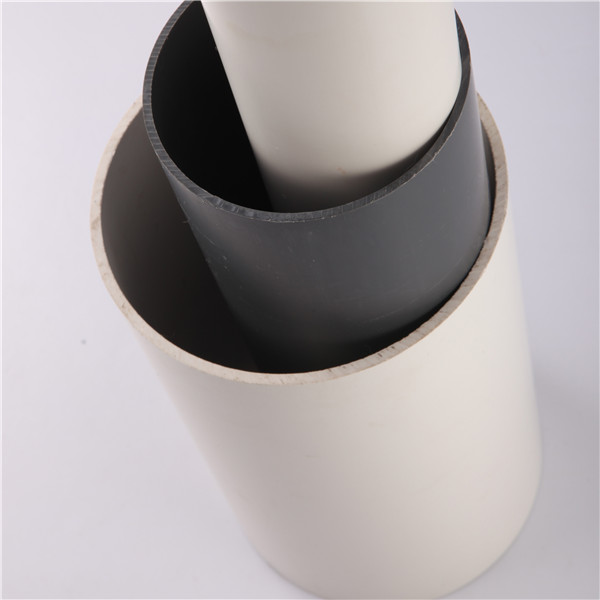Avg . 31, 2024 01:03 Back to list
Electrical PVC Pipe - Durable, Lightweight, and Versatile Solutions
The Versatility and Benefits of Electrical PVC Pipes
Electrical PVC pipes, commonly made from polyvinyl chloride, are an essential component in the electrical industry. Their lightweight, durable, and resistant properties make them the ideal choice for various electrical applications. This article explores the advantages, uses, and installation practices of electrical PVC pipes, showcasing why they are a popular choice among electricians and construction professionals.
Advantages of Electrical PVC Pipes
One of the primary benefits of electrical PVC pipes is their exceptional resistance to corrosion and chemical damage. Unlike metal conduits, which can rust or corrode over time, PVC pipes maintain their integrity, even when exposed to harsh chemicals or environmental conditions. This characteristic significantly extends their lifespan, making them a cost-effective solution for long-term electrical installations.
Additionally, electrical PVC pipes are non-conductive. This property ensures that the risk of electric shock is minimized, providing an added level of safety for both installers and end-users. This non-conductivity also eliminates issues related to electromagnetic interference, making PVC pipes suitable for various sensitive electronic applications.
The lightweight nature of PVC pipes simplifies handling and installation. Electricians can easily transport and cut these pipes to the desired length without the need for heavy tools or equipment. Furthermore, the smooth interior surface of PVC pipes reduces friction, allowing for easier pulling of electrical wires, thus saving time and labor costs during installation.
Uses of Electrical PVC Pipes
electrical pvc pipe

Electrical PVC pipes are versatile and used in a variety of applications. They are primarily utilized for wiring and cable protection in residential, commercial, and industrial settings. Whether buried underground or installed above ground, these pipes provide essential protection against environmental hazards, mechanical damage, and UV exposure.
In addition to traditional wiring, electrical PVC pipes are also suitable for outdoor installations, such as lighting systems and sprinkler systems. Their resistance to moisture and weather conditions makes them an ideal choice for applications where longevity and reliability are paramount.
Moreover, electrical PVC pipes are increasingly used in telecommunications for covering fiber optic cables. As the demand for high-speed internet grows, the need for protective conduits that can withstand various environmental conditions becomes critical, making PVC pipes an advantageous option.
Installation Practices
When installing electrical PVC pipes, following best practices is crucial to ensure safety and efficiency. First, it is essential to adhere to local building codes and regulations, as improper installation can lead to safety hazards or costly rework.
Proper planning of the pipe layout is vital. Electricians should avoid unnecessary bends to maintain efficiency during wire pulling and ensure that all outlets are easily accessible. Additionally, using the correct fittings and connectors for PVC pipes ensures a secure seal and minimizes the risk of damage to the conduits.
In conclusion, electrical PVC pipes are an indispensable element in modern electrical installations. Their combination of durability, safety, versatility, and ease of installation makes them the preferred choice for professionals in the industry. As technology continues to evolve, it is likely that the use of PVC pipes will expand, further solidifying their place as a cornerstone material in electrical applications.
-
High-Precision PVC Rigid Sheets for Vacuum Forming | AI-Optimized
NewsAug.05,2025
-
Durable PVC-M Water Supply Pipes | 60-Year Life
NewsAug.04,2025
-
Premium HDPE Water Supply Pipes: Durable & Leak-Proof
NewsAug.03,2025
-
Premium PVC-M Water Supply Pipe - Durable & Efficient
NewsAug.02,2025
-
Premium PP Welding Rod: GPT-4 Turbo Enhanced
NewsAug.01,2025
-
HDPE Drainage & Irrigation Pipe - Durable, Efficient Solutions
NewsAug.01,2025

